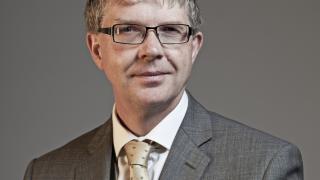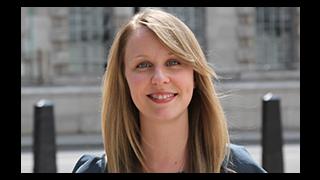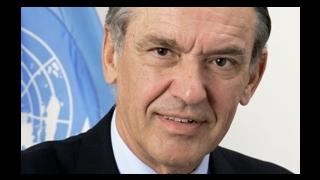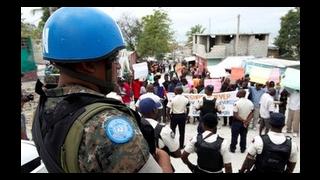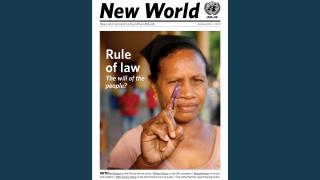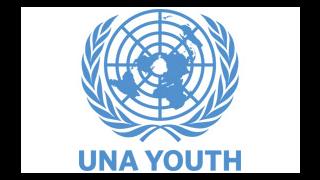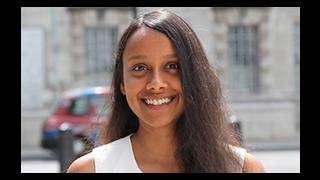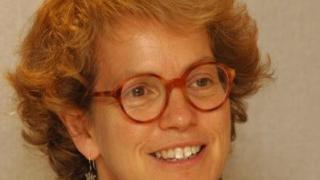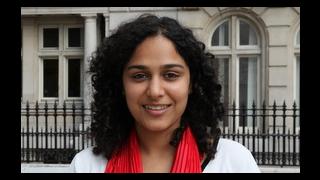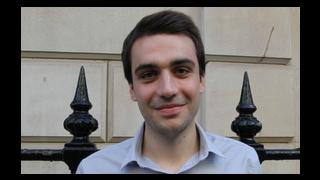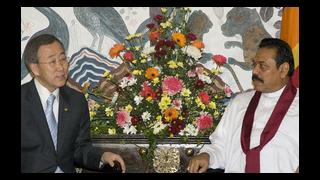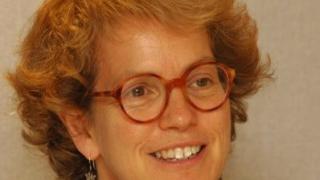
The Statebuilders is a film that follows the first year of South Sudan's existence since independence in 2011, and in particular the work of the UN Mission in the Republic of South Sudan (UNMISS). As I watched the film, two things struck me. First, and not surprisingly, the whole focus was on what happened in Juba, the capital and seat of the new government of South Sudan. Second, there seemed to be little dialogue between UNMISS about what statebuilding approach might work best. UNMISS – which costs $1 billion per year and has over 10,000 personnel – doggedly tries to put it into practice that which worked well in Kosovo and Timor-Leste, but in the very different environment of South Sudan.
In a country where most of the population are illiterate, there has been massive displacement of population, and a war which has cost millions of lives, could there be another approach? Particularly in relation to justice and conflict resolution, what if, as a starting point, the emphasis was on renovating traditional institutions which fit the context and which can be operated by the local population?
Peace Direct's experience confirms just that – that societies generally have institutions for dealing with conflict operating at a very local level. In South Kordofan, just across the border from South Sudan, our partner, the Collaborative for Peace, has created seven Peace Committees, which bring together religious and traditional leaders with young activists and other citizens. During 2009-12, they have together identified over 100 conflicts and, using Rapid Response funds supplied by Peace Direct, have mounted interventions, getting to the scene faster than the authorities, but often working with the police to find a mediated solution to a conflict. It works because it recreates a model that everyone understands and many can participate in.
In Eastern DRC, where the formal justice system is out of reach for much of the population, there is huge appetite for creating community based 'barazas' – mediation centres that focus on reparation not on punishment. Our partner there, the Fondation Chirezi, has recognised one of the limitations of traditional justice, a lack of participation by women, and created dedicated women's courts within the barazas, where women can bring their concerns to an all-female panel, which can, if necessary, draw on the resources of the main baraza to enforce a solution.
Institutions like these don't cost a lot of money, and that is important, because they need to be implemented across the whole country if they are to be effective. A baraza covering 3,000 people costs under £800 to set up and under £600 per year to run. A Rapid Response initiative which mounts interventions can cost up to £2,000, mainly because transport in both Sudan and South Sudan is hugely expensive. But now the Peace Committees themselves are funding over half of these interventions with funds raised from the local community.
It is not fanciful to suggest that putting really large scale funds into regenerating existing social capital, and ensuring that these models work for the benefit of the whole community, could be a solution for South Sudan. Local people are already doing much of the work of conflict resolution and civilian protection, according to a detailed case study by Local to Global Protection. But there needs to be much better coordination between their work and that of the international community.
A desire to see international assistance work with local societies, and unlock their capacity rather than dismissing it, has led Peace Direct to create the Local First campaign. The campaign argues for an approach that looks first for local capacity, within but also outside of central government, and allows local people at all levels to lead their own development. International organisations still have an important supportive role to play, but should be based on a deep understanding and appreciation that each society has its own assets, which need to be mobilised in order to achieve a functioning modern state.
Carolyn Hayman is Chief Executive of Peace Direct.

